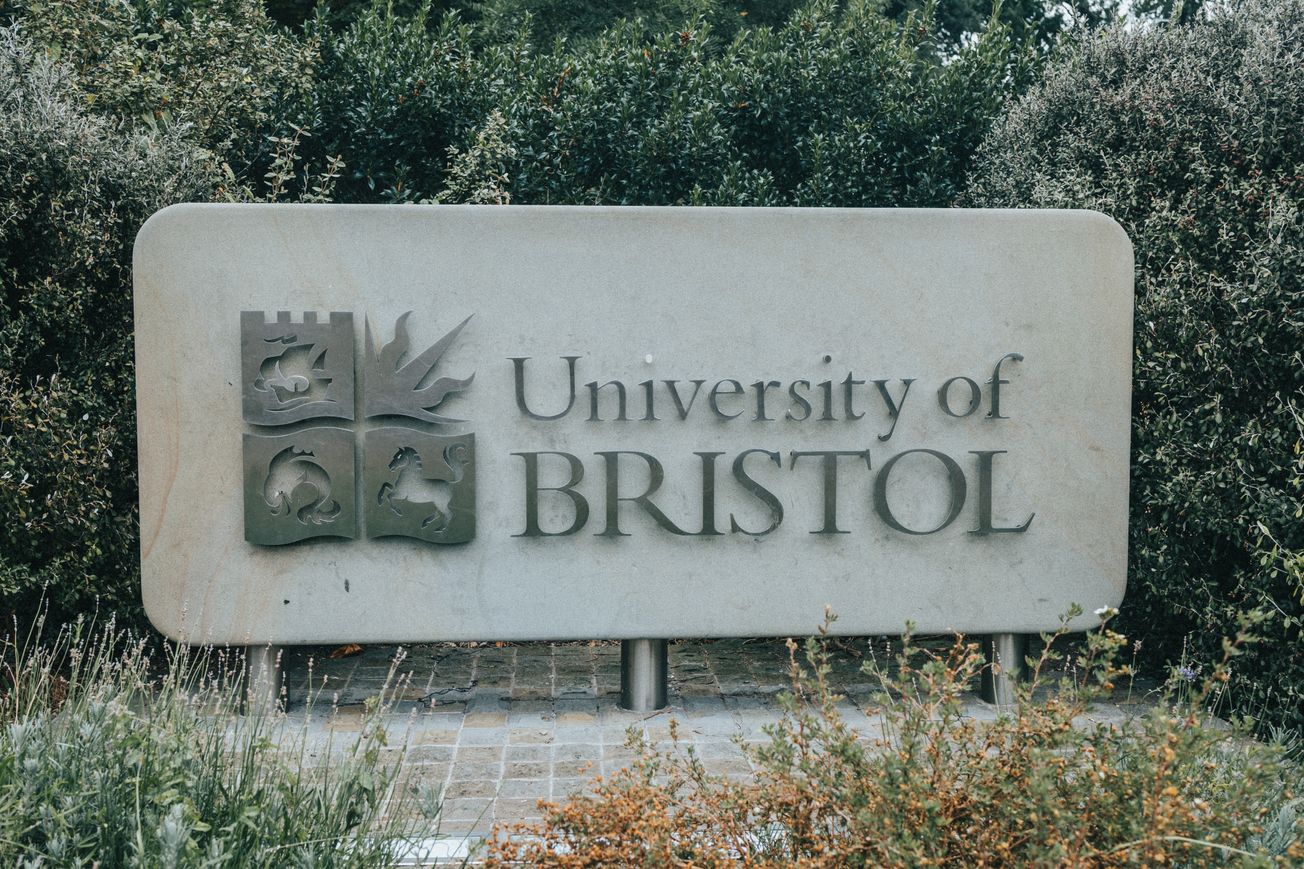By Eva Radhika Gurnani, News Editor
Several University of Bristol specialists in climate issues have joined this year’s UN Climate Change Conference.
Scientists from the Cabot Institute for the Environment have been invited to share their expertise in Sharm El-Sheikh, Egypt, where the summit is taking place until 18th November.
COP27 aims to encourage global action against climate change by decreasing emissions, driving adaptation efforts and increasing funding, all through a fair and just transition.
Those attending include academics Dr Rachel James, Dr Alix Dietzel and Dr Colin Nolden.
Today, at the opening ceremony of the Sharm El-Sheikh Climate Implementation Summit, world leaders, envoys, delegates, & members of civil society came together in a unified front to further mobilize & prioritize the global climate agenda. #COP27 #TogetherForImplementation pic.twitter.com/LXJzbGFYl3
— COP27 (@COP27P) November 7, 2022
Bristol climate scientist Dr Rachel James specialises in African climate systems and the advancement of climate science to inform policy.
Much of her research intends to better international negotiations over climate issues, such as the COP summit, while also assessing the impacts of global mitigation targets. In addition, Dr James’ work examines the role of science in discussions around negative consequences of climate change known as ‘loss and damage’.
Speaking of the pressing need for action, Dr James said:
‘With the war in Ukraine and a cost of living crisis, it would be easy to lose sight of the importance of climate action. But we can’t afford to wait, the urgency of addressing climate change has never been greater. And that’s particularly true for African countries, which are projected to experience some of the most damaging impacts of climate change.’
‘There have already been many devastating extreme weather events in African countries this year – tropical cyclones in Mozambique and Madagascar, flooding across West Africa, and drought in Ethiopia and Uganda. These barely get a mention in the UK news. That’s why an Africa-led COP is so important: to highlight the loss and damage associated with climate change, and the urgent need to reduce carbon emissions, to adapt to the changes that are already underway, and for action and support to address inevitable loss and damage.’
Brilliant meeting so many great people! Thanks @Guy_R_Jackson @LUCSUS_LU for organising and @cabotinstitute for supporting my trip to #COP27 https://t.co/Jy2FBkQFYH
— Dr Rachel James (@_RachelJames) November 12, 2022
Dr Alix Dietzel is the Associate Director for Impact and Innovation at the Cabot Institute and Senior Lecturer in Climate Justice. With a focus on climate policy at both a local and global level, she has stressed the importance of equitable action against climate change through which a just transition should be ensured.
At the summit, she has been observing discussions and identifying whose voices may be excluded, while also ascertaining whether key issues such as loss and damage are sufficiently prioritised.
Dr Dietzel has investigated the ways in which decisions on just transition should be made in Bristol, as well the responsibility of global governance to protect human rights and ensure that those responsible for climate change address it properly.
Regarding this year’s conference, Dr Dietzel stated:
'This COP is extremely important for moving forward on a just transition that is socially inclusive and ensuring loss and damage is properly financed. It is increasingly clear the effects of climate change are highly unequal and we have to look to those who have caused the most damage to ensure people are compensated, while also ensuring we move forward on climate change in a fair and inclusive manner at the global and local level.'
Dr Colin Nolden @BristolUniLaw is at the We Mean Business pavilion @COP27P. Former environment minister of Chile, now CEO of @Gmethanehub @marcelomena; Per Heggenes, @IKEAFoundation CEO; & Rick Duke, US Deputy Climate Envoy, discuss the global Methane pledge... (1/2)#cop27 pic.twitter.com/O2mFmtoxZe
— Cabot Institute for the Environment🏳️🌈✊🏿✊🏾✊🏽 (@cabotinstitute) November 9, 2022
Dr Colin Nolden’s work covers energy and climate policy across various fields, ranging from law to engineering. His research has contributed to governance frameworks supporting energy poverty alleviation efforts at a local level, in addition to international climate clubs raising ambition among countries involved in the Paris Agreement.
Dr Nolden spoke of the need for these countries to reduce their carbon emissions:
'Recent reports by various United Nations bodies indicate the revised Nationally Determined Contributions put forward by the 195 signatories of the Paris Agreement to reduce carbon emissions are still insufficient to limit global warming to 2 degrees above pre-industrial level.'
'As it stands, we are likely to witness warming exceeding 1.5 degrees in this decade, a level beyond which we start significantly increasing the risk of passing irreversible tipping points in the climate system.'
'Raising ambition to reduce carbon emissions, and sharing the burden of the rapid transition of our energy, economic, and social systems that such rapid decarbonisation entails, is essential to limit global warming and its detrimental effects, especially among countries least responsible but most affected.'
Hundreds more climate researchers from the University have been following the summit and sharing their insight in the media. Follow the latest updates on the conference here.









